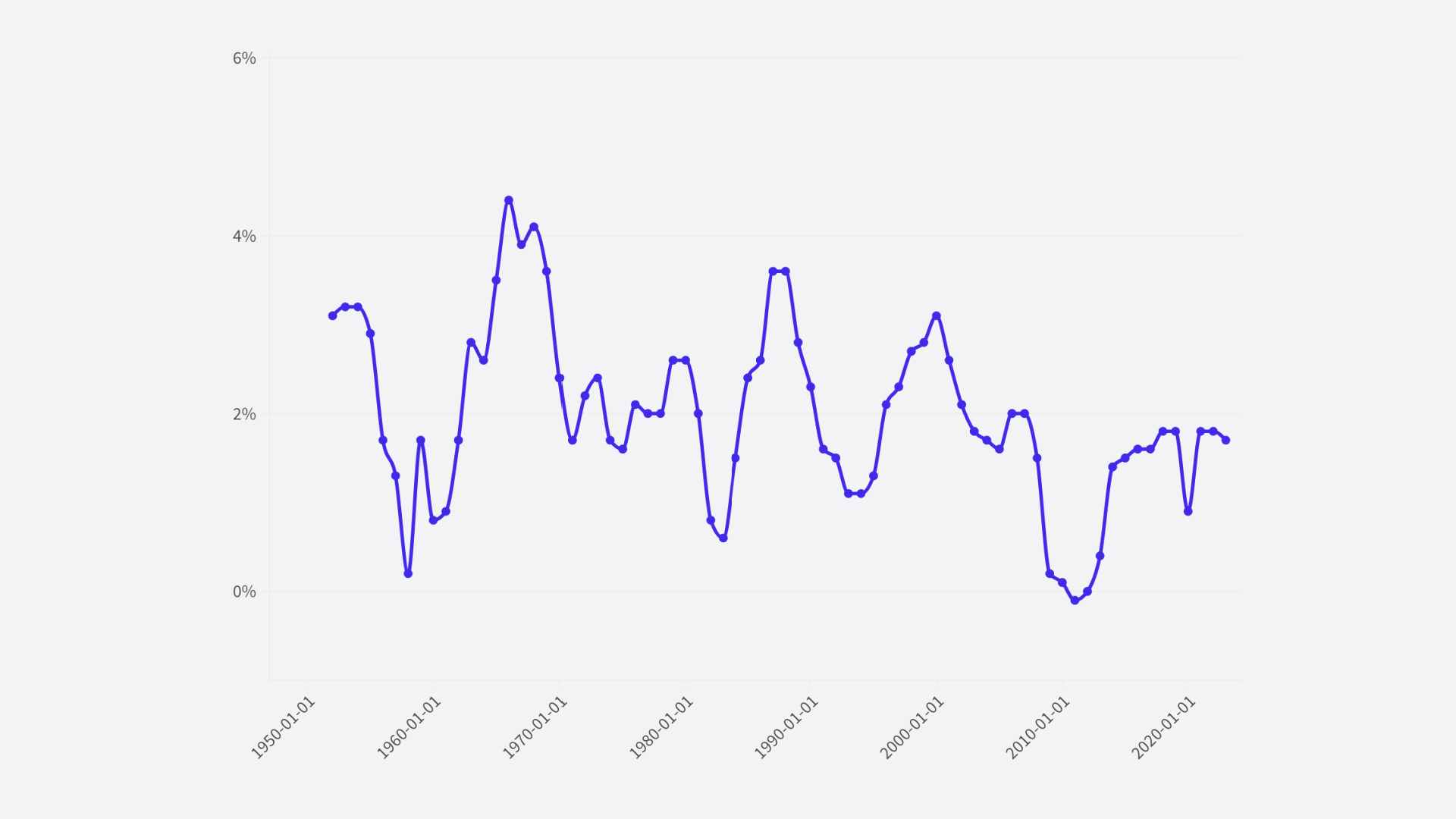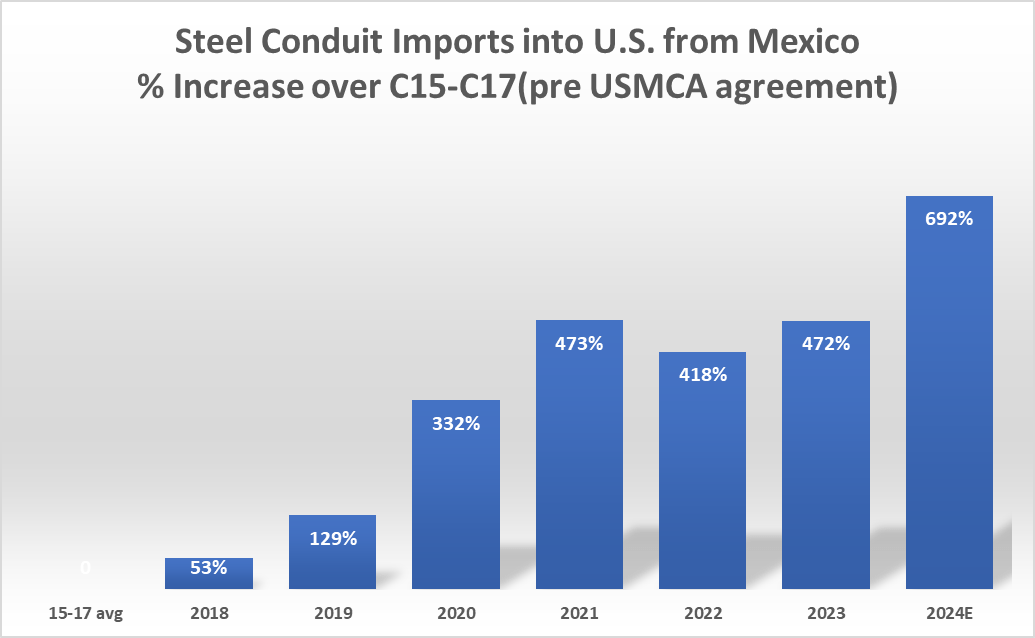by Michael Stumo
In a significant development, over 200 law and economics professors across the United States oppose the Trans-Pacific Partnership (TPP) treaty and the TransAtlantic Trade and Investment Partnership (TTIP) because they grant new power to foreign corporations to sue the United States outside the regular court system.
Their letter is significant not only in number of signatories, but also for the very articulate rationale. They compare the relatively lawless super-tribunals created by the Trans-Pacific Partnership with the justice and democracy principles of the US court system that “the rest of us” rely upon. The technocratically titled Investor-State Dispute Settlement system in the TPP does not balance public and private interests, does not respect democratic policy judgments, and does not ensure that arbitors do not unduly interfere with state law and policy among other things.
I am reprinting the letter below. You can see the full PDF version with signatories here.
Remember, President Obama taught constitutional law at the University of Chicago. Will he read this letter?
September 7, 2016
Dear Members of Congress:
Last March 2015, members of the legal community wrote to congressional leaders and administration officials to oppose the inclusion of Investor-State Dispute Settlement (ISDS) provisions in the Trans-Pacific Partnership (TPP) and the Transatlantic Trade and Investment Partnership (TTIP). We write now to express our extreme disappointment that the final text of the TPP that was finally made public in November 2015 did not heed those warnings about this controversial provision’s negative consequences for our legal system. Those concerns expressed in the 2015 letter were based on past agreements and leaked texts from the TPP negotiations. Unfortunately the final TPP text simply replicates nearly word for word many of the problematic provisions from past agreements, and indeed would vastly expand the U.S. government’s potential liability under the ISDS system.
We therefore urge you to protect the rule of law and our nation’s democratic institutions and sovereignty by rejecting this TPP as long as ISDS is included. While there is still time, we urge you to pressure the United States Trade Representative (USTR) to change course in the TTIP negotiations and in negotiations of other prospective agreements, such as the Bilateral Investment Treaty (BIT) between the United States and China, to ensure that ISDS is not included in any of those pacts.
ISDS grants foreign corporations and investors a special legal privilege: the right to initiate dispute settlement proceedings against a government for actions that allegedly violate loosely defined investor rights to seek damages from taxpayers for the corporation’s lost profits. Essentially, corporations and investors use ISDS to challenge government policies, actions, or decisions that they allege reduce the value of their investments.
The problem with ISDS is not that it allows private corporations to sue the government for conduct that harms the corporations’ economic interests. Indeed, U.S. domestic law already recognizes the importance of granting private citizens and entities (including foreign corporations) the power to take legal action against the government in order to help promote effective implementation of the law and adherence to the Constitution. Over the past two centuries, the United States – through citizens, elected representatives, and courts – has established a framework of rules that govern such lawsuits against the government and continually refines those rules through democratic processes. These include rules on court procedures and evidence, which are designed to ensure the fairness, legitimacy and reliability of proceedings; rules on who may bring lawsuits and under which circumstances, which are designed to balance the right to sue with the need to ensure that government regulation in the public interest is not made impossible due to unlimited litigation; rules on the power of courts, which are designed to ensure that judges do not overly intrude on legitimate policy decisions made by elected legislatures or executive officials, and to ensure that federal judges do not unduly interfere with state law and policy; rules on appropriate remedies, which are crafted to achieve diverse policy aims such as deterrence, punishment, and compensation; and rules on the independence and accountability of judges who decide cases against the government.
Through ISDS, the federal government gives foreign investors – and foreign investors alone – the ability to bypass that robust, nuanced, and democratically responsive legal framework. Foreign investors are able to frame questions of domestic constitutional and administrative law as treaty claims, and take those claims to a panel of private international arbitrators, circumventing local, state or federal domestic administrative bodies and courts. Freed from fundamental rules of domestic procedural and substantive law that would have otherwise governed their lawsuits against the government, foreign corporations can succeed in lawsuits before ISDS tribunals even when domestic law would have clearly led to the rejection of those companies’ claims. Corporations are even able to re-litigate cases they have already lost in domestic courts. It is ISDS arbitrators, not domestic courts, who are ultimately able to determine the bounds of proper administrative, legislative, and judicial conduct.
This system undermines the important roles of our domestic and democratic institutions, threatens domestic sovereignty, and weakens the rule of law.
In addition to these fundamental flaws that arise from a parallel and privileged set of legal rights and recourse for foreign economic actors, there are various flaws in the way ISDS proceedings are meant to be conducted in the TPP. In short, ISDS lacks many of the basic protections and procedures of the justice system normally available in a court of law. There are no mechanisms for domestic citizens or entities affected by ISDS cases to intervene in or meaningfully participate in the disputes; there is no appeals process and therefore no way of addressing errors of law or fact made in arbitral decisions; and there is no oversight or accountability of the private lawyers who serve as arbitrators, many of whom rotate between being arbitrators and bringing cases for corporations against governments. Codes of judicial conduct that bind the domestic judiciary do not apply to arbitrators in ISDS cases.
If the TPP text were approved by Congress, we would not only be entrenching this inherently flawed mechanism, but significantly expanding it. While the first investment treaty with ISDS was concluded in the late 1960s, investment treaties with ISDS were not widely negotiated until the 1990s, and ISDS claims only emerged in earnest in the late 1990s and early 2000s. Thus, we really only have roughly 15 years of experience with this mechanism. Additionally, the United States has only one investment treaty in force with a major capital exporting state, Canada, meaning that only a relatively small share of foreign direct investment in the United States – roughly 10 percent – is protected by a treaty with ISDS. The TPP would double the percentage of covered investment in the United States, and if included in the TTIP as well, the amount of covered investment in the United States would rise significantly to approximately 70 percent; that would be a seven-fold increase in U.S. exposure to costly litigation and liability.
Before we further entrench and expand this relatively new area of law, the legal and policy communities must reflect on this experiment.
In recent years, corporations have challenged a wide range of environmental, health, and safety regulations, fiscal policies, bans on toxins, denials of permits including for toxic waste dumps, moratoria on extraction of natural resources, measures taken in response to financial crises, court decisions on issues ranging from the scope of intellectual property rights to the resolution of bankruptcy claims, policy decisions on privatizations of prisons and healthcare, and efforts to
combat tax evasion, among others. Nearly 700 cases have been filed against approximately 100 governments over the past few years. There were 50 known ISDS cases launched in the regime’s first three decades combined. But the number of cases has soared in recent years. According to the United Nations Conference on Trade and Development (UNCTAD), in 2015 alone, 70 ISDS cases were launched – more than in any previous year.
Fundamentally, the United States has typically only agreed to supranational adjudication in exceptional and justified cases and after resolving a range of complex legal and policy concerns about the scope and depth of supranational review and authority over domestic policies and decisions, the role of public, private and affected stakeholders in the legal process, and the available remedies to aggrieved parties. ISDS – and its expansion through the TPP and TTIP – brushes aside these complex concerns and threatens to dilute constitutional protections, weaken the judicial branch, and outsource our domestic legal system to a system of private arbitration that is isolated from essential checks and balances.
For the above reasons, we urge you to reject this TPP as long as it includes ISDS and ensure any future investment treaty, such as the TTIP and the BIT with China, excludes ISDS.
Thank you for your consideration.
Sincerely,













